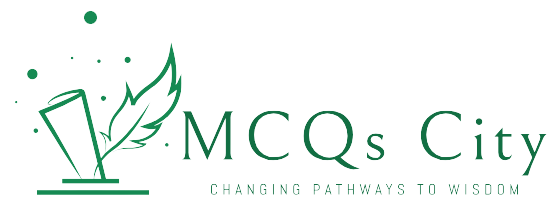

A. over feeding in childhood
B. external eating cues
C. severe dieting
D. low self-esteem
A. arousal; Incentive
B. drive reduction; arousal
C. drive; reduction; incentive
D. incentive; drive; reduction
A. anxiety
B. anger
C. sadness
D. any of these
A. arousal theory
B. drive reduction theory
C. Yerkes-Dodson Law
D. inverted-U function
A. Most tired
B. Least hungry
C. Least fertile
D. Most fertile
A. Wide range of drinks available stimulate desire to drink
B. We drink more when offered variety as opposed to only one type of drink
C. Eating can stimulate drinking behavior
D. All of the above
A. no control over
B. total control over
C. the most direct control over
D. one
A. A rigidly patterned behavioral urge characteristic of all people
B. anything that is perceived as having positive or negative value in motivating behavior
C. an aroused or activated state that is often triggered by a psychological need
D. a physiological state that usually triggers motivational arousal